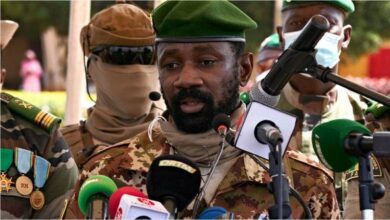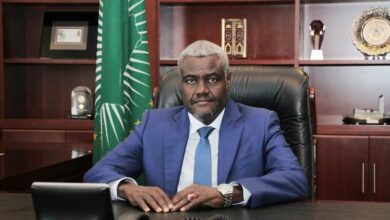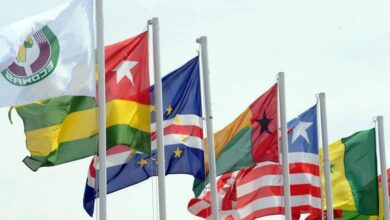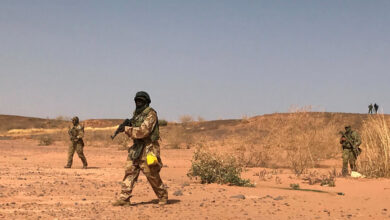Mali
ECOWAS Leaders Continue Sanctions On Coup-Hit Mali Over Delayed Elections
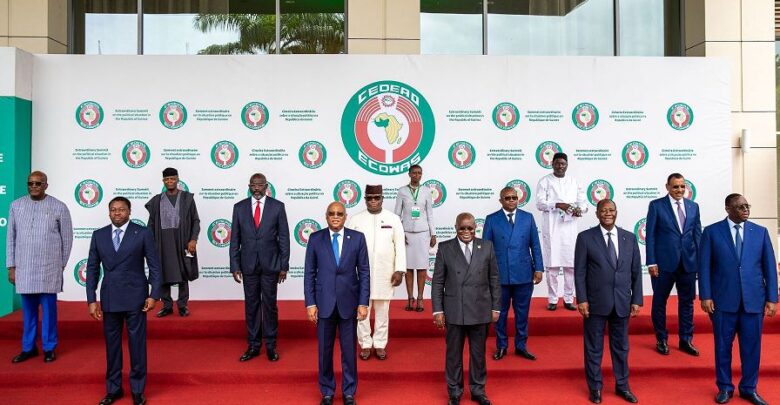
Leaders of the Economic Community of West African States (ECOWAS) on Friday announced the West African bloc has decided to continue sanctions on Mali, which were imposed in January after the military leaders decided to delay a return to civilian rule after a coup, reported France 24.
At the end of a summit in Ghana, the ECOWAS Commission President Jean Claude Kassi Brou said those measures would be gradually lifted in Mali if its leaders respected the 12 to 16 months ultimatum.
The talks in Ghana’s capital Accra came three months after the bloc slapped tough sanctions on Mali.
The bloc also issued warnings to the juntas that recently seized power in Guinea and Burkina Faso. It has asked military leaders in Guinea should provide an acceptable timeline for the transition by the end of April, or it would slap punitive measures on the government and the National Transition Council (CNT).
“We have no idea when the transition [in Guinea] will end and this creates tensions in the region and inside the country,” the ECOWAS Commission President said.
In a statement, the ECOWAS asked Burkina Faso’s interim leaders to reduce a proposed transition of 36 months to a “more acceptable timeline”. The bloc said that, if Burkina Faso’s junta did not free former president Roch Marc Christian Kabore from house arrest by Thursday next week, then it would impose individual sanctions as well.
West Africa has witnessed two coups in Mali, one in Guinea and one in Burkina Faso since August 2020, tarnishing its reputation as a model of democratic progress in Africa.
The 15-nation ECOWAS has repeatedly condemned the forceful transfer of power and is trying to bring power back into civilian hands.
“Our democratic values must be preserved,” Kassi Brou said. “Some countries are going through challenges, but we must address those challenges collectively.”


